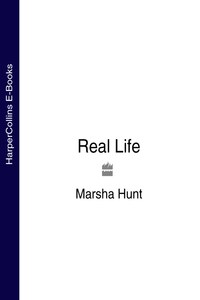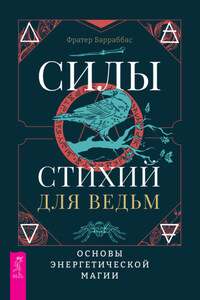Fourth Estate
An Imprint of HarperCollinsPublishers 1 London Bridge Street London SE1 9GF
Published by Flamingo 1995
First published in Great Britain by Chatto and Windus 1986
Copyright © Marsha Hunt 1986
The Author asserts the moral right to be identified as the author of this work
All rights reserved under International and Pan-American Copyright Conventions. By payment of the required fees, you have been granted the non-exclusive, nontransferable right to access and read the text of this e-book on-screen. No part of this text may be reproduced, transmitted, down-loaded, decompiled, reverse engineered, or stored in or introduced into any information storage and retrieval system, in any form or by any means, whether electronic or mechanical, now known or hereinafter invented, without the express written permission of HarperCollins e-books.
Source ISBN: 9780006548737
Ebook Edition © FEBRUARY 2016 ISBN: 9780007483105 Version: 2016-01-19
Co Wicklow
Ireland
Wednesday, November 15, 1995
My dear Karis,
It’s 4 am. Can’t sleep. I’m in the middle of writing the new introduction to my autobiography and I keep thinking about things that were happening when I wrote it. Ten years have slipped by and a lot has changed. For one thing, you’re 25 and living in San Francisco whereas I’ve just moved to Ireland to be with Alan after completing my fourth book.
Although I’m pleased that Real Life is being republished, I dread the prospect of it giving journalists an excuse to ask about Mick. They hate to believe that we’ve been on friendly terms for years and that you have a good relationship with him, but nonetheless, I’m glad that through Real Life I had a chance to explain what had happened between us, because the details of the good times and the trials seem less real and less relevant with each passing year. It’s odd to think that you are already older than I was when your father and I were lovers and even older than I was when I gave birth to you at 24.
In 1985 when people heard that I’d been commissioned to write my autobiography, some said I was too young at 39. But by then I’d already had three careers, been a single parent and lived on three continents. Not to mention having survived the legal battles with Mick and the humiliating experience of dealing with his lawyers and the press. Writing this book changed my life. I had to recreate events and recall circumstances which were far more disturbing than I had admitted that they were when I’d actually experienced them. So by the time I’d completed my final draft, I was both stronger and weaker because of self-examination. I’ve had more than my share of luck and adventure and being identified as an icon of the 60s hasn’t stopped me from adventuring. But I’ve always believed that what made my life worth writing about was that as a woman and an African American my experiences reflected the changes in how we were perceived. Had I been born ten years earlier for instance, my years in rock bands could have never happened and rather than being hailed as a single parent I would have been tagged an ‘unwed mother’.
No doubt you laugh at my referring to myself as an African American because you know how I hate that label and resent the way that we Americans descended from slaves have had a name change far too often. Coloured. Negro. Black. And now African American which is not only a mouthful but relates us to a continent that for at least four generations our family has had no experience of. All I know of Africa is what I’ve read, been told or learned about through the media. But then who am I to complain when I had the audacity in Real Life to try to coin a label for us of my own. Melangian now seems an absurd word, but then who stuck us with African American and don’t we have a say in the matter?
Nonetheless when I was asked if I wanted to rewrite the autiobiography I declined, although I cringe when I see the word Melangian pop up. My pomposity is embarrassing but it should remain on the record. Real Life was my first attempt at writing a book and having written two novels and this most recent non-fiction, I could only make a mess of trying to adjust my first.
In 1985 I doubt that anybody would have believed that I would write another book. A review in Time Out said the one thing my readers would be certain of is that I would never write again and my editor for Real Life moaned, ‘How can you want to write when it takes you so long!’ She’d come to our flat on Marlborough Place and watched my slow pecking at a manual typewriter. I have to admit that there have been thousands of instances while I’ve been labouring over subsequent books when I’ve wondered if she didn’t have a point.










